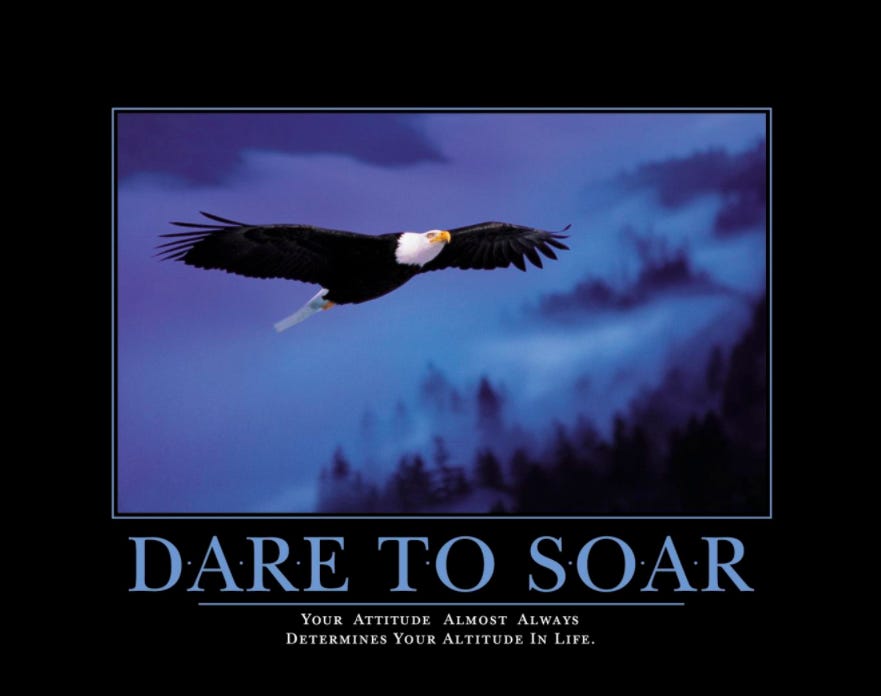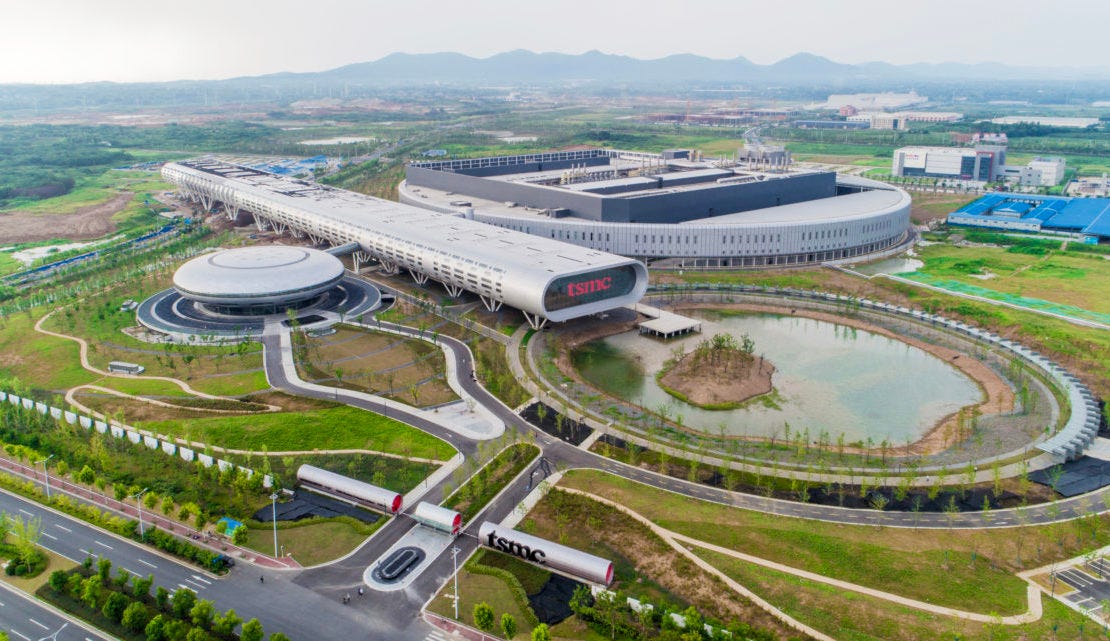Hi 👋 - Having grandma’s kitchen and recipes doesn’t mean you can reproduce her cooking. Practical experience and unwritten knowledge are important components in how science advances and how companies operate. Thanks for reading.
“It is difficult to get a man to understand something when his salary depends upon his not understanding it.” - Upton Sinclair
Simple, Not Easy
Pierogies are a simple food. The dough has four ingredients: flour, butter, egg, and salt. The filling has five: potatoes, onions, butter, salt, and pepper. But simple doesn’t mean easy.
Like many Polish grandmothers, my grandma made delicious pierogies. Yet despite their seeming simplicity, if you put me in her kitchen and give me her recipe, the output would be inferior. Part of what made her pierogies so good couldn’t be written down1. As Dan Wang, an analyst focused on China’s technological progress and industrial policy at Gavekal argues, a big part of technology is the know-how in people’s heads2.
Practical Experience
Wang sees technology as the combination of three different components: tools (lithography machines, stoves), written instructions (blueprints, recipes), and practical experience. He argues that the latter is what’s crucial. It’s the unwritten knowledge that makes grandma’s pierogies so good3:
The most useful technology is not intellectual property in the form of written documents, but the unwritten knowledge in people’s heads…Written instructions can’t replicate practical experience...More futile is believing that entire technological industries might be captured in blueprints or reports.
Wang notes that in the aftermath of World War II, US Army investigators had carte blanche on German industrial labs. Microfilm let them document whatever they wanted. They transmitted tons of blueprints, scientific reports, and raw data back to the US. Little came from this effort:
But American industry also discovered that trying to learn whole industries by examining documents was ineffective. The disappointment is summed up by a letter that O’Reagan relates from a British chemical-industry association, which noted: “Much of the ‘know-how’ is impossible to put into words,” and “No amount of ‘given’ information can ever be a substitute for the information obtained in the hard school of practical experience.”
Corporate Culture
How practical knowledge is accumulated and shared is one of many components of a company’s culture. Corporate culture is a nebulous concept. It’s hard to define, but you know it when you see it. I like author and entrepreneur Seth Godin’s definition4:
Culture is the way people do things around here. Culture is people like us do things like this…If you are celebrating the person who got a big sale even though he or she cut some corners that becomes part of your culture. If you are publicly denigrating someone who tried something creative that didn't work, that became part of your culture…And at the International House of Pancakes, my favorite foreign restaurant, if you go there you’ll see near the mens room there’s a plaque of employee of the month. The way you end up as employee of the month at IHOP is doing exactly what the boss says. So if that’s your culture, don’t be surprised if there isn't a practice of creativity and generosity and connection and leadership…On the other hand, if employee of the month goes to a person [sic] who did something that didn’t work, takes responsibility, gives away credit, and tells everyone what they learned, that will happen more.
Culture is even harder to quantify. It can be bromides and motivational posters, or it can be internalized and a lens for making decisions. Because it’s difficult to quantify (where does it fit into a financial model?), it’s easy to discount or dismiss. That’s a mistake, since it shapes actions and decision making. Investors like Charlie Munger, Nick Sleep, and Warren Buffett see it as paramount to a businesses success.
Incentives are a crucial component of corporate culture. Who gets promoted? What gets rewarded5? How is success defined? When decisions are made, what times scale matters? Does thinking long-term mean thinking about the next quarter or the next decade? Few forces were more powerful or impactful to Munger than incentives, a nonagenarian who said that6:
I think I’ve been in the top 5% of my age cohort all my life in understanding the power of incentives, and all my life I’ve underestimated it. Never a year passes that I don’t get some surprise that pushes my limit a little farther.

Working for the Weekend vs. Working on the Weekend
Culture can be a durable competitive advantage (or disadvantage). A recent article in EE Times, an electronics industry trade magazine, on Taiwan Semiconductor Manufacturing Company (TSMC) illustrates the difficulty of replicating corporate culture.
TSMC is a world-class manufacturer of advanced semiconductors and one of the world’s most strategic assets. Founded in 1987, it now dominates a global industry. Manufacturing semiconductors is capital intensive. Production happens in fabs, massive factories full of advanced equipment that take years to build and cost billions of dollars. Because of their enormous fixed costs, fabs need to operate 24x7 to be profitable. In 2022, the company plans to spend $40-$44 billion on new fabs and other capex7. Geographic diversification away from Taiwan is part of TSMC’s strategy, including opening a fab in Arizona.
It’s unclear if TSMC’s American fab will be as productive as its Taiwanese fabs. While the tools and written instructions are the same, the culture and know-how are different. In Taiwan, twelve hour shifts, weekend work, and late nights are common. PhDs sometimes monitor a single piece of equipment. Employees at the fab in Arizona are unaccustomed to the long hours and TSMC’s management style. Some are experiencing culture shock and bristling at demanding schedules8.
TSMC’s foray into the US paradoxically illustrates the challenges of extending corporate culture, as well as its defensibility. The culture shock of some of TSMC’s Arizona employees shows that it takes more than tools and instructions for a fab to run smoothly, potentially limiting extensibility. However, if TSMC has to work to extend its culture from Taiwan to Arizona, companies trying to replicate TSMC’s culture wholesale have an even bigger challenge, making it defensible. You can’t just buy culture or spend your way to a good one.

No Free Lunch
Wang’s tools, instructions, and know-how framework for technology is a good heuristic for company culture as well. Buying a ping pong table doesn’t make a company more creative. Neither does offering cold brew on tap.
Years ago, an Amazon employee took the initiative to remove light bulbs from company vending machines, saving it $20,000 per year9. Removing light bulbs as a cost savings measure is a simple tactic to copy, but the history and incentive structure that inspired the action can’t be easily replicated. The same is true of Costco’s deeply ingrained attitude on cost savings - the company used to report operating expenses down to the basis point - or the culture of experimentation of Booking.com or Netflix. The weight of accumulated decisions and cultural know-how is what’s rare and valuable. It takes a lot more than a kitchen and a recipe to make a good pierogi.
🥟 🥟 🥟 If you’re finding this content valuable, consider sharing it with friends or coworkers.
🥟 🥟 🥟 For more like this once a week, consider subscribing.
More Good Reads
Dan Wang on how science advances and the importance of unwritten knowledge. Harvard Business Review on Booking.com and building a culture of experimentation. Below the Line on the benefits of forced experimentation.
The author owns shares of Netflix.

This is a borrowed analogy from Dan Wang. If you’re interested in learning more about China, check out his excellent 2021 annual letter.
The Atlantic, China Hawks Don’t Understand How Science Advances, December 18, 2021.
The Atlantic, China Hawks Don’t Understand How Science Advances, December 18, 2021.
Seth Godin, What Exactly is Culture?, November 5, 2020.
Behaviors that get rewarded get repeated.
Farnam Street, The Distorting Power of Incentives.
Reuters, TSMC sees multi-year growth ahead, to boost chip spending in 2022, January 13, 2022.
EE Times, TSMC’s Arizona Culture Clash, January 1, 2022.



